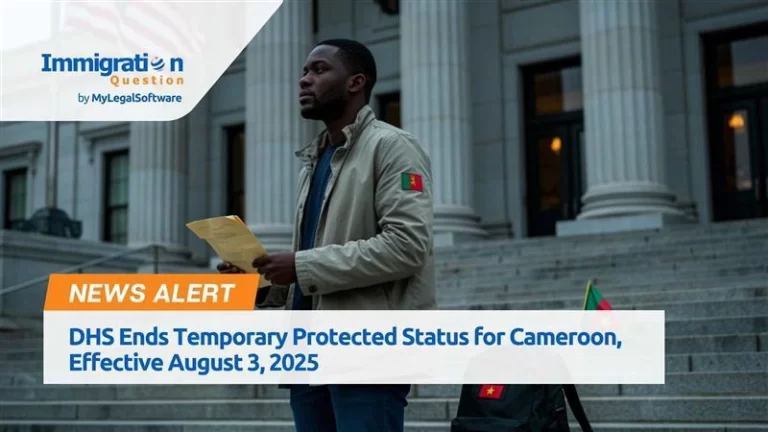Venezuelan migrants arrested under the Alien Enemies Act receive only 12 hours to decide whether to combat deportation, according to recently opened court records. Critics argue that the time allowance is unreasonable and raises legal doubts as part of ongoing litigation. The government claims the process complies with Supreme Court directives.
12-Hour Window Raises Due Process Concerns
Newly unsealed court documents reveal that Venezuelan migrants facing deportation under the Alien Enemies Act are being given only 12 hours to indicate whether they wish to challenge their removal. This brief notice period generates intense controversy overdue process and the fairness of immigration enforcement under this little-used wartime law. The administration argues that the 12-hour notice satisfies the mandate of a Supreme Court decision mandating a “reasonable time” for detainees to appeal deportation. However, immigrant rights advocates say the timeframe is far too short, especially since most detainees lack immediate access to legal representation and clear instructions about the appeals process.
Use of the Alien Enemies Act Sparks Legal Challenges
The controversial Alien Enemies Act dates to the 18th century and has rarely been invoked in U.S. history. It was last used during World War II and is now being applied to deport Venezuelans accused of ties to the Tren de Aragua gang. Instead of being deported to Venezuela, these individuals are being sent to a high-security prison in El Salvador. According to ICE, if a detainee does not express intent to contest their deportation within 12 hours of receiving legal notice, they are considered to have waived their right to challenge. After that, they have 24 hours to file a petition in court. The notice form, which outlines these rights, is only available in English, though ICE claims it is read aloud in a language the detainee understands.
Federal Courts Push Back on Deportation Timelines
Some federal judges have started to push back against the government’s timeline. A judge in Colorado recently ruled that detainees must be given at least 21 days to respond, a ruling now being appealed by the Trump administration. The administration maintains that its current process offers sufficient due process, including access to phone calls and the ability to file habeas corpus petitions. Earlier legal filings had indicated a 24-hour notice period, but more recent documents filed in Texas show that detainees are sometimes held for days before removal.
ACLU Denounces Insufficiency of Transparency and Equitability
The American Civil Liberties Union (ACLU), representing a section of affected migrants, points out that the government fails to provide the transparency and time necessary for fair legal procedures. They note that in past uses of the Alien Enemies Act, such as during World War II, detainees were given up to 30 days to respond. The current process, in comparison, is viewed as rushed and potentially unlawful. An earlier version of the legal form had outright stated there was no opportunity for judicial review, a provision now removed after the Supreme Court intervened.
What’s Next?
As legal battles over using the Alien Enemies Act intensify, the courts will likely play a decisive role in defining a “reasonable” response time. With new lawsuits emerging across multiple states, the federal government may face increasing pressure to expand notice periods and improve transparency. Immigration observers expect continued litigation as the administration pushes forward with its deportation strategy.
To stay updated and informed, watch our news section or drop your immigration questions on immigrationquestion.com and get responses from professional attorneys.










